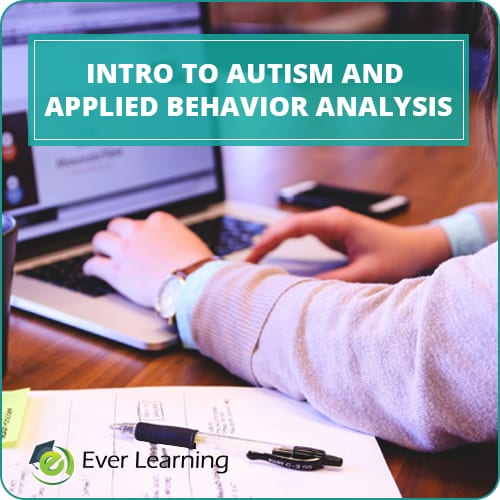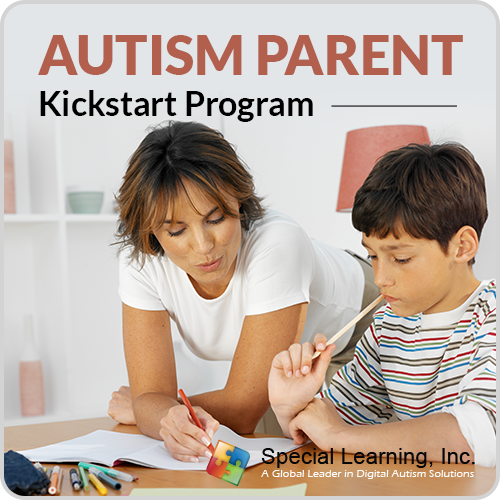Adjusting to a New Family Dynamic
When a child is diagnosed with autism spectrum disorder (ASD or autism), parents may go through a whole mix of emotions. For some, it may be a tremendous shock; others may feel a sense of relief. Many parents will have a feeling of “something is not quite right” or “something I cannot put my finger on” for quite a time prior to the diagnosis, and may have to struggle with bringing up what appears to be a very difficult and demanding child.
Whatever results or circumstances the diagnosis brings, parents will go through what seems like a bereavement in coming to terms with a loss of a child, along with all their hopes and dreams of what might have been. If the diagnosis comes as a shock, there can be a period of denial, as well as the initial feelings of grief and sorrow. Parents may become very anxious, depressed, and overcome with worries and concerns about the future, while they adjust to the realities of their situation and a shift in their perspective.
Sometimes, one partner in a couple may be in denial of the situation while the other may be more accepting, or, in some cases, both partners may be handling grief in different ways. This can often put a strain on their relationship, in addition to the existing care demands of bringing up a child with autism.
Other parents may have thoughts and sentiments of “why did this have to happen to my child?” However, it is important to remember that the child is still the same individual, with or without the label of autism.
The National Autistic Society (NAS) highlights the importance of having an accurate diagnosis that enables parents to access the specialized services and support and receive the most appropriate help. Through this, parents can go on a quest to find out as much as possible about the various options? from therapies to approaches? in dealing with the condition. Reading and learning as much information as possible will greatly help in gaining knowledge and understanding of autism.
Moreover, there are many other available resources that can be useful such as other parents, health professionals, support groups, and organizations that are dedicated to the cause of autism. Caring for a child with autism can be very tiring and demanding, and it is important that family members have ample time to rest. Respite care is another option that can be considered to provide parents and siblings with a much-needed break.
It takes time to adjust to the new family dynamic that autism may bring. Many parents would feel like they are going on a journey. It may not be an easy one but, as they gather knowledge and understanding of autism and come to terms with their child’s unique way of being, they become more positive in time. It can be a long road ? one that has been traveled by many other parents ? until they reach acceptance.
Reference:
National Autistic Society, Autism.org.uk., “Diagnosis: its effect on the family,” retrieved March 24, 2011, from http://www.autism.org.uk/about-autism/all-about-diagnosis/diagnosis-effect-on-the-family.aspx
Copyright © by Special Learning Inc. All right reserved.
No part of this article may be reproduced in any manner whatsoever without written permission except in the case of brief quotations embodied in critical articles and reviews. For information, contact Special Learning Inc., at: contact@special-learning.com








